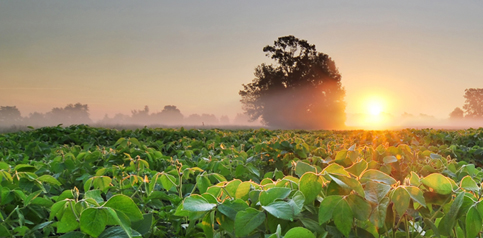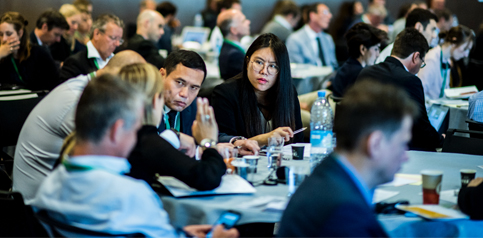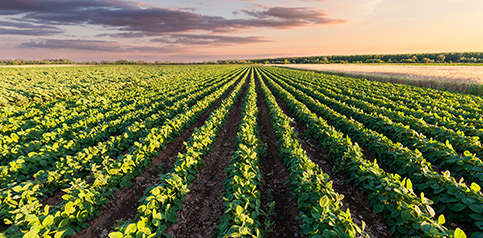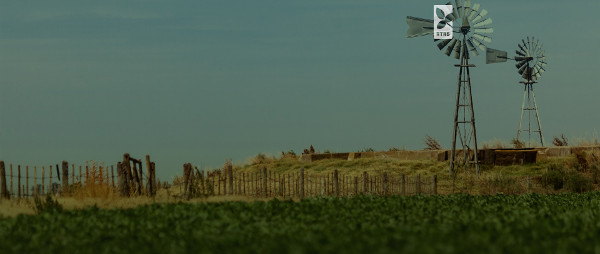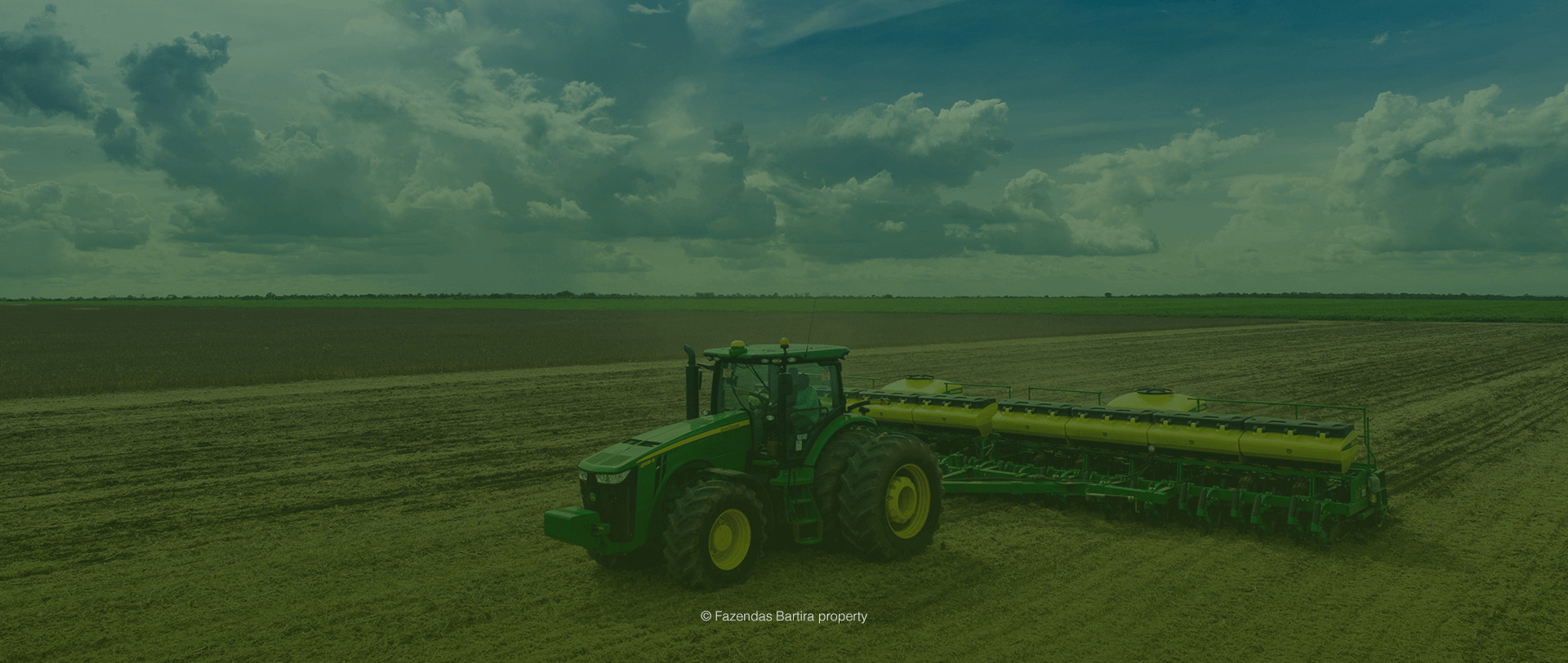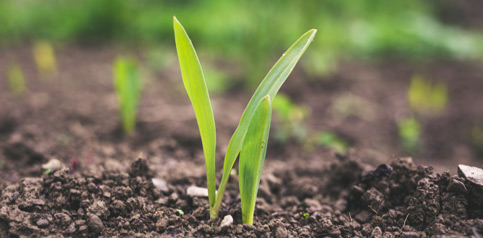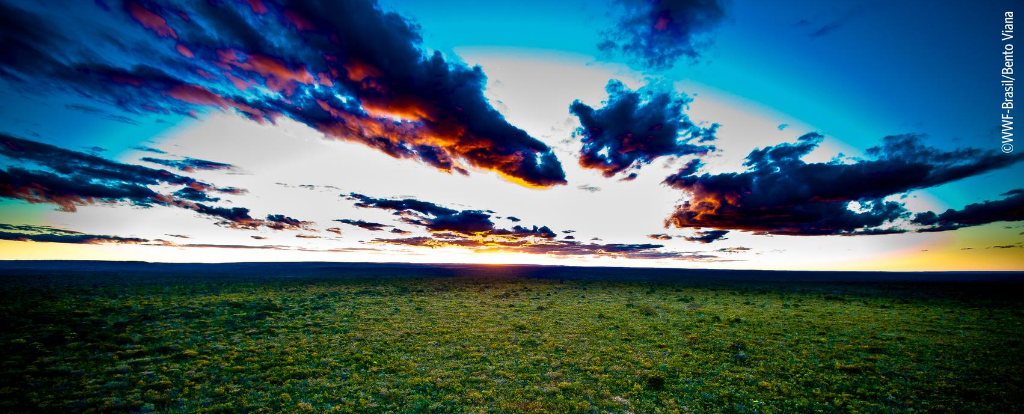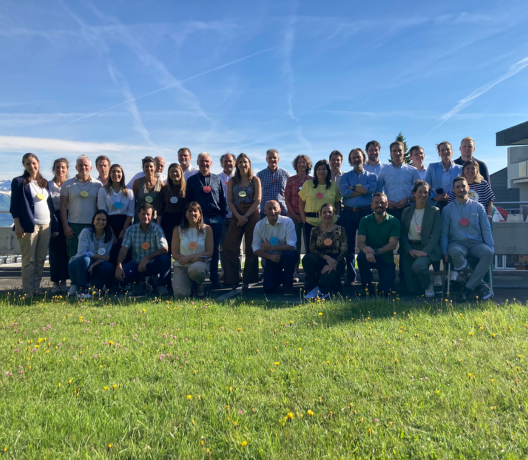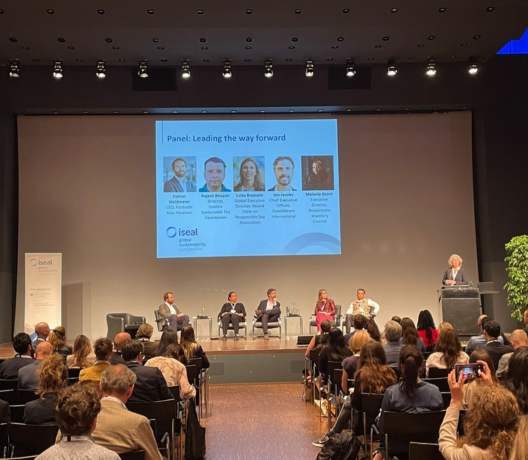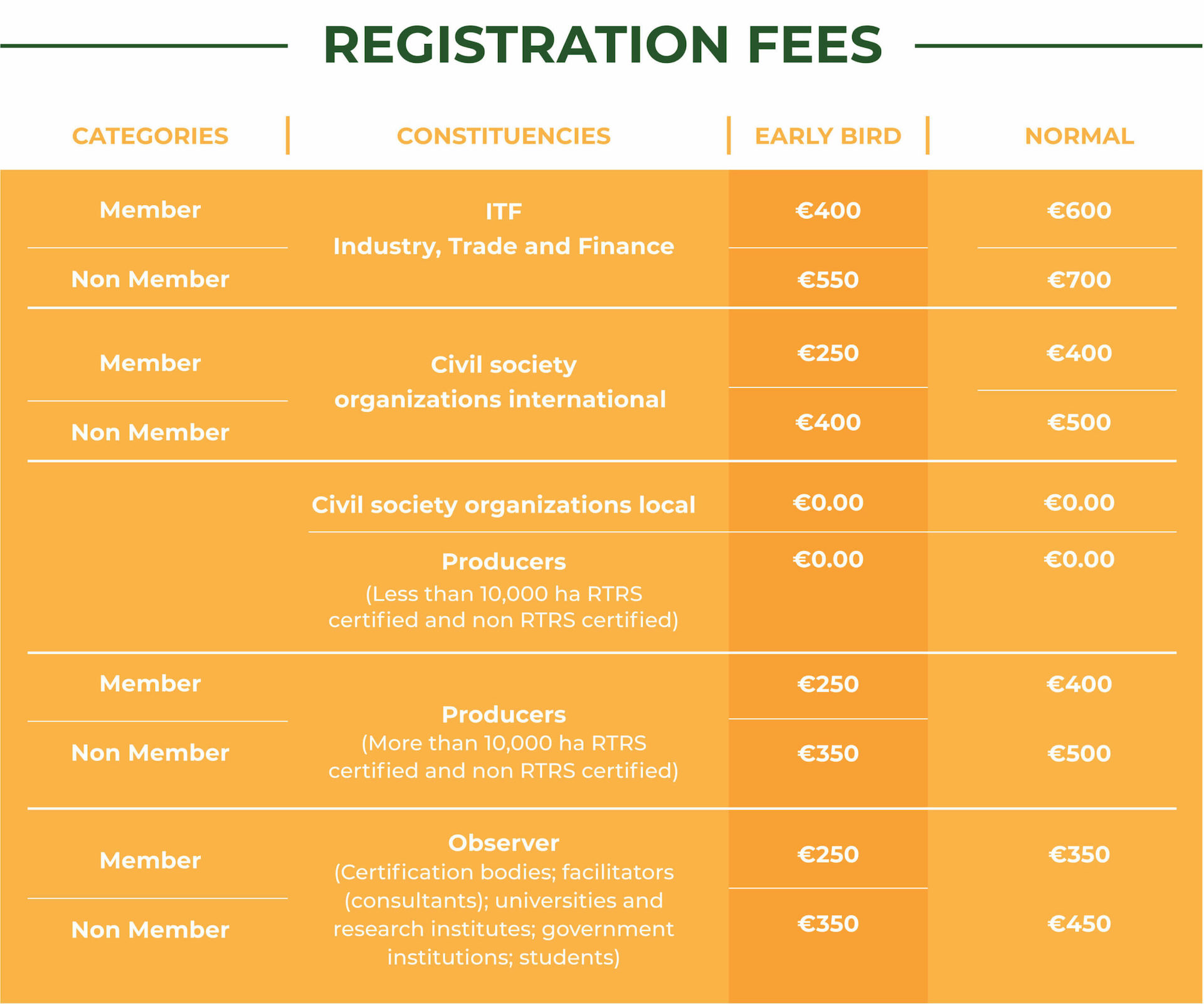RTRS announces ‘strong support’ for urgent action in Brazil's Cerrado
At a high level summit in London today the Round Table on Responsible Soy Association (RTRS) announced its strong support for a newly-published manifesto calling for an end to the destruction of forests and native vegetation in the Cerrado region of Brazil.
In a statement endorsed by its executive board, RTRS has said that it endorses the Cerrado Manifesto, which has been drawn up by more than sixty Brazil-based organisations.
The Manifesto calls on companies and investors to take urgent action to ensure that their soy and beef supply chains are making no contribution whatsoever to deforestation and the conversion of natural areas to agriculture.
The Cerrado is considered one of the great natural areas of the world but has already seen half of its original area destroyed.
The area holds around 5% of the world’s biodiversity and of the Cerrado’s more than 11,000 plant species, almost half are found nowhere else on Earth. It also stores the equivalent of 13.7 billion tonnes of carbon dioxide (CO2).
As an organisation already working with more than 32,000 soy producers as well as many well known global food and agriculture brands, RTRS will be a key route in delivering the Manifesto commitments and is a viable global standard by which soy can be certified as being truly deforestation-free and not contributing to the conversion of natural vegetation.
According to RTRS president Marina Born, the key is achieving collaborative partnerships with local soy producers:
“The global production of soy cannot harm the world’s biodiversity, that is our starting point. Supporting growers and the wider soy supply chain to produce responsible soy to a zero deforestation standard that can be trusted, is the key.
“Already, RTRS members and growers are showing in Brazil that it is possible to produce soy to this standard, even while achieving business growth. RTRS strongly supports the Cerrado Manifesto and is ready to engage with local producers to become part of the solution, instead of being part of the problem.”
A recent innovation from RTRS has been the approval of its new Standard for Responsible Soy Production. This third version of RTRS’ standard was agreed in June 2016 and set the global standard for sustainable soy, promoting zero deforestation and conversion as well as more progressive labour and community relations.
As well as being a global, multi-stakeholder roundtable RTRS also is a key player in certifying that soy production can be trusted as being responsible. In 2016, RTRS certified production grew by 29% against 2015 and more than 32,000 producers from Argentina, Brazil, Canada, China, India, Paraguay, Uruguay and the U.S., together produced more than three million tons of RTRS-certified soy. Most of this soy was sold in the European marketplace.
As part of the Cerrado Manifesto, incentives and economic instruments such as those offered by RTRS ‘need to be developed by both the government and the private sector to reward farmers’ efforts to conserve areas of native vegetation’.
As stated by WWF Global Soy Lead and RTRS Executive Board member Jean F. Timmers, this is why RTRS will be a vital part of delivering progress in the face of the ongoing scenario:
“WWF signed the Cerrado Manifesto, is a key partner in the Collaboration for Forests and Agriculture, and considers RTRS as the only standard explicitly banning all conversion of natural vegetation, and a very useful tool ensuring the transparent implementation of this objective.”
And according to RTRS Executive-Director, Marcelo Visconti, RTRS is the standard that can deliver, at scale, the change needed to protect the Cerrado:
“This is a global challenge involving future generations. International commitments from the private sector, the government, the civil society and the community all call for renewed action and long term, sustainable solutions.”
“As production of responsible soybean steadily increases, RTRS offers a practical and proven route to meeting this strong demand. Our standard covers natural vegetation as well as forests, has been drawn up collaboratively through a dialogue between producers, industry as well as NGOs and it is a transparent and trusted certification that can reduce supply chain risk.”
“This is why RTRS is keen to support the Cerrado Manifesto, and offers its global standard as a primary route to delivering swift and tangible action in the region.”
Notes
The Cerrado Manifesto was published in September 2017 by a range of Brazilian organisations including WWF-Brazil, The Nature Conservancy (TNC), Earth Innovation Institute, CI-Brazil, Greenpeace Brazil, IPAM and Imaflora. It is the focus of a series of high level meetings and workshops in London and Brussels week commencing 23 October 2017.
Founded in 2006, the International Roundtable on Responsible Soy Association (RTRS) is a pioneer international civil initiative formed by the main representatives of the soy value chain, such as producers, industry, trade, finance and the civil society. The RTRS mission is to promote the use and increase of sustainable soy production and, through the RTRS Standard for Responsible Soy Production, applicable on a global level, to assure an environmentally appropriate, socially adequate and economically feasible production. At present, RTRS has more than 190 members from different countries around the world.
According to RTRS records, across Brazil there were 1,246,020 hectares and 2,273,169 tons of RTRS certified soy in 2016, and 554,422 hectares of protected areas. And, according to the same records, in the Cerrado region, in 2016, there were 951,143 hectares and 1,794,629 tons of RTRS certified soy, and 412,634 hectares of protected areas. In the Amazon region, 294,876 hectares and 478,540 tons were certified with the RTRS certification, and 141,788 hectares of protected areas were recorded.
RTRS has become the key multistakeholder standard guaranteeing Zero Deforestation and Conversion in soy production. Producers that adjust to the RTRS standard also subscribe to a series of enhancements in agrochemicals and human resources, as well as preventing potential environmental or social damage for soy production.
The Collaboration for Forests and Agriculture (CFA) is one of the key initiatives supporting the Cerrado Manifesto and is a five-year project to help transform zero-deforestation beef and soy production into the global standard for these consumer goods. It was jointly launched in 2016 by the National Wildlife Federation (NWF), The Nature Conservancy (TNC), the World Wildlife Fund (WWF), the Gordon and Betty Moore Foundation and a range of other strategic partners.


